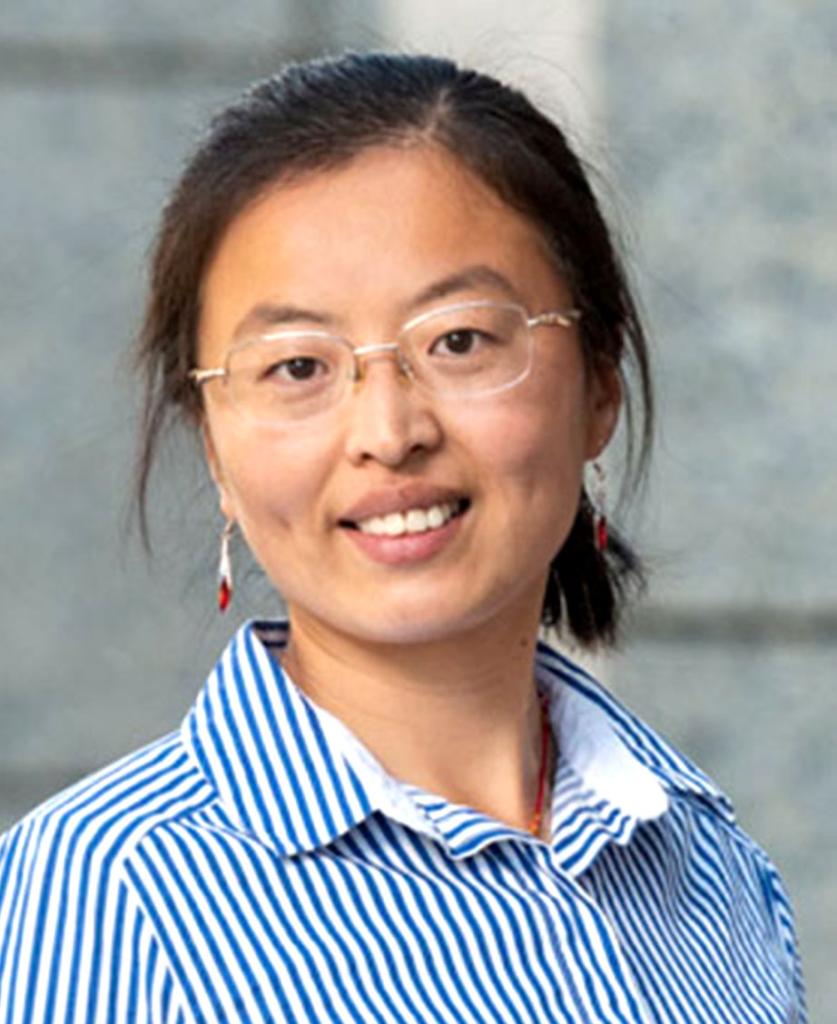Deep analysis of SARS-CoV-2-specific serological and T cell responses in people living with HIV

Abstract
Immunocompromised individuals, including people living with HIV (PLWH), are more vulnerable to severe COVID-19 as compared to immunocompetent individuals. It remains unclear whether vaccines and previous infection stimulate equivalent immune defenses in PLWH, although HIV+ individuals have a higher rate of breakthrough infection than HIV- individuals post-vaccination. Recent studies have demonstrated that the quality and perhaps quantity of SARS-CoV-2 antibodies elicited by mRNA vaccines are diminished in ART-suppressed people living with HIV as compared to uninfected individuals. To what extent T cell responses are diminished has not been thoroughly investigated. Furthermore, prior efforts to phenotype SARS-CoV-2-specific T cells have focused on protein antigens and have not interrogated cell surface glycans. Yet, cell surface glycosylation plays important role in T cell function, activation, and exhaustion. The expression patterns of host glycans on SARS-CoV-2-specific T cells are unclear. In aim 1 of this study, we will use flow-beat to deeply interrogate the humoral immune response induced by natural infection or vaccination in HIV- and HIV+ plasma samples. In aim 2, we will adapt our recently established CyTOF-Lec technique to identify glycan + protein features of SARS-CoV-2-specific T cells in response to wildtype or Omicron spike peptide stimulation. Together, these analyses will allow us to test our central hypothesis that after natural infection or vaccination, PLWH produce a limited range and different isotype distribution of antibodies against SARS-CoV-2, and harbor SARS-CoV-2-specific T cells with a protein and glycan profile reminiscent of T cell dysfunction or exhaustion.